Lucknow, June 15, 2024 — Uttar Pradesh Chief Minister Yogi Adityanath has issued new directives for Muslim citizens ahead of the upcoming Eid-ul-Azha celebrations. The Chief Minister has prohibited Eid prayers from being conducted on the streets and has warned against the sacrifice of animals in unspecified locations. This information was reported by the Times of India on Thursday.
According to the report, Chief Minister Adityanath has mandated that Eid prayers must only be offered at designated locations, adhering to customary practices. "You cannot pray by blocking the road," he stated, emphasizing the importance of maintaining public order and ensuring that religious activities do not disrupt everyday life.
In addition, the Chief Minister issued a strict warning regarding animal sacrifices, particularly emphasizing that no prohibited animals should be slaughtered. Cow slaughter is prohibited in 20 of India’s 28 states, including Uttar Pradesh. This measure aims to prevent illegal activities and ensure that the sacrifices are conducted in a lawful and respectful manner.
The directives reflect the state government's ongoing efforts to regulate public activities during significant religious events and maintain communal harmony. The administration has also called for cooperation from community leaders and citizens to ensure a peaceful and orderly celebration of Eid-ul-Azha.
These new regulations have sparked mixed reactions among the public. While some citizens appreciate the emphasis on law and order, others view the restrictions as an infringement on religious freedoms. As Eid-ul-Azha approaches, the state government is expected to deploy additional security forces to enforce these directives and manage the large gatherings typically associated with the festival.
Eid-ul-Azha, also known as the "Festival of Sacrifice," is one of the most important Islamic holidays, commemorating the willingness of Ibrahim (Abraham) to sacrifice his son in obedience to God. The festival is marked by communal prayers, feasts, and the ritual sacrifice of animals, with portions of the meat distributed to the needy.
The state government’s actions underscore the balancing act between respecting religious traditions and maintaining public order, a challenge faced by many administrations during major religious observances.



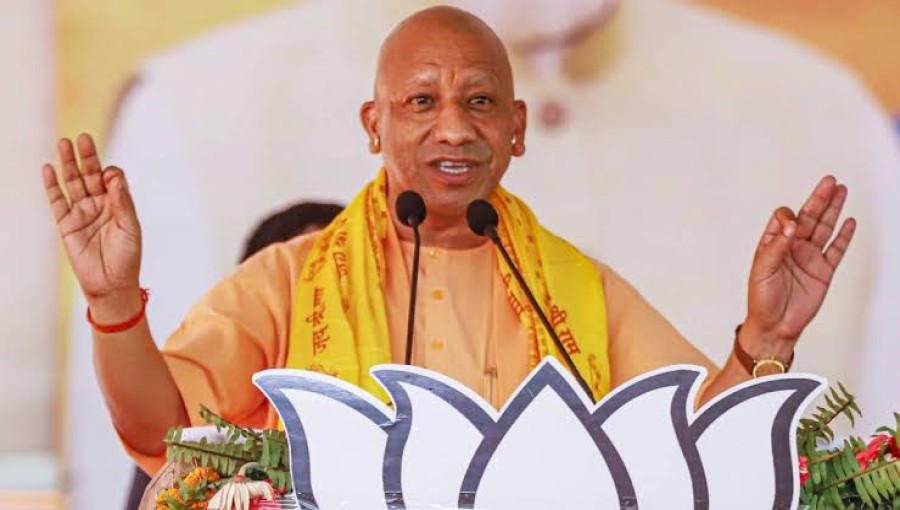






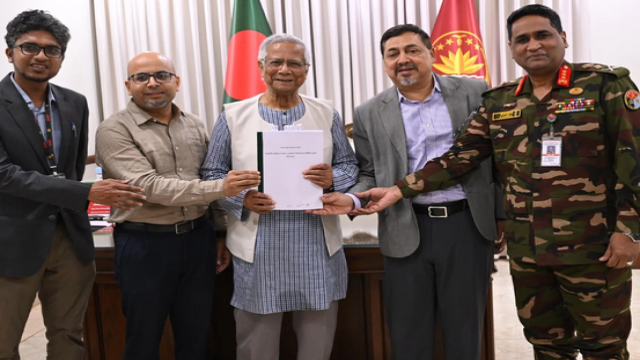
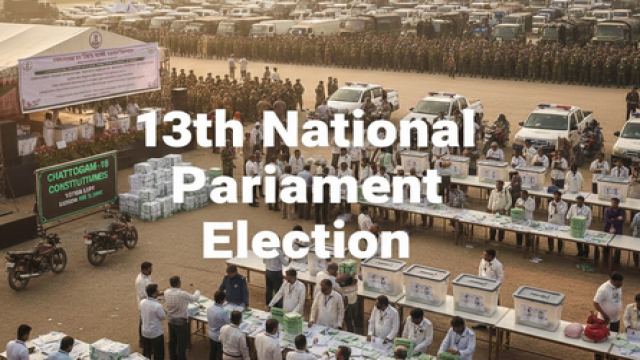
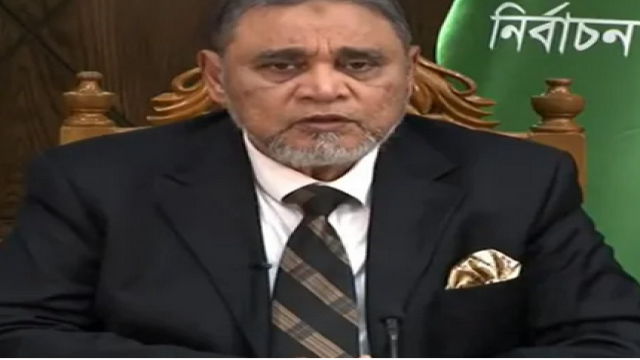
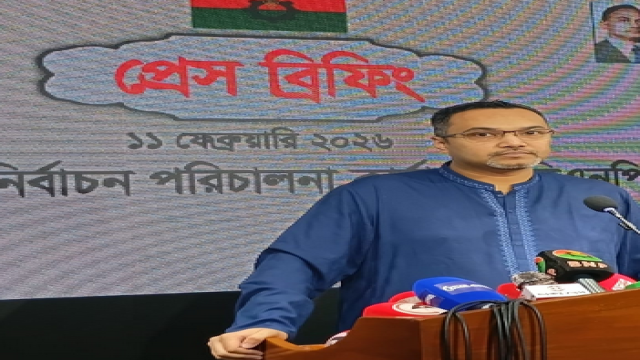
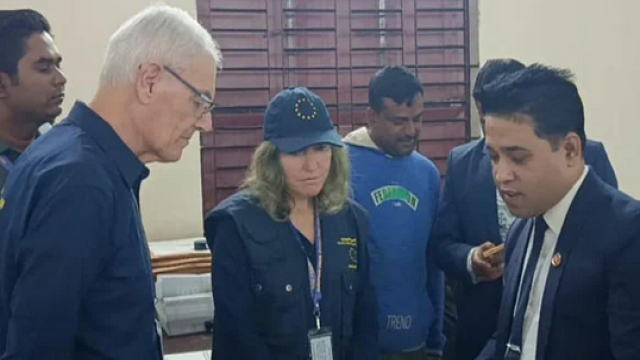
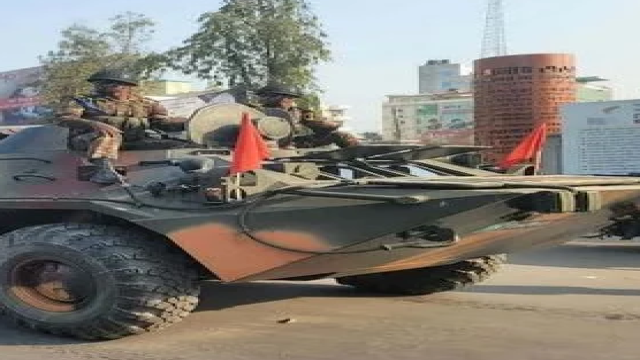
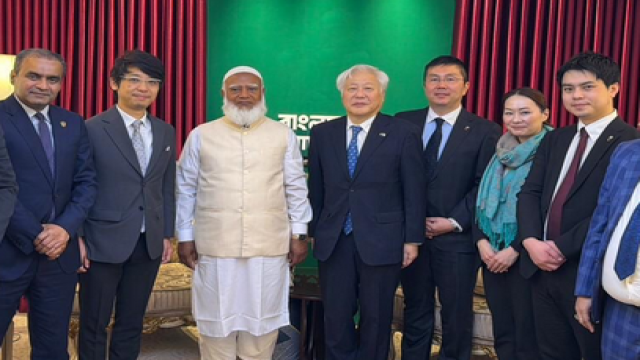
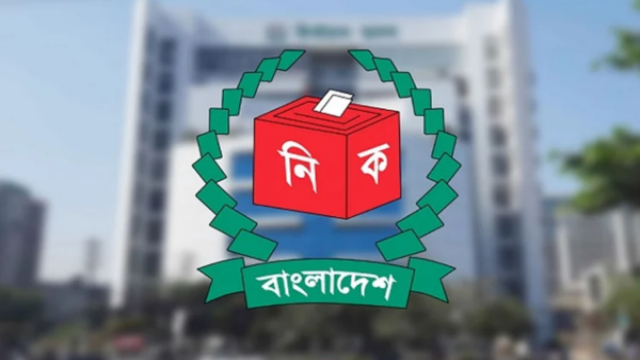
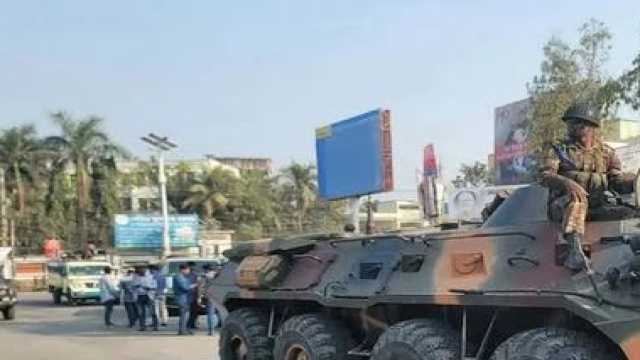
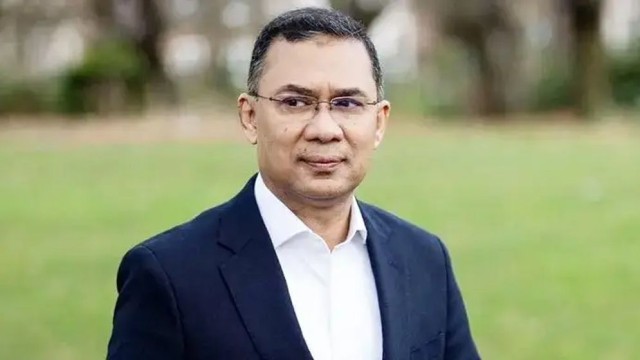











Comment: